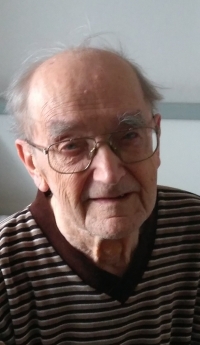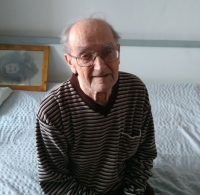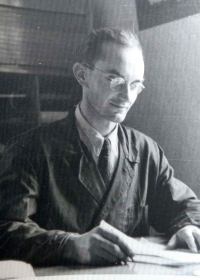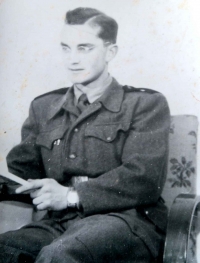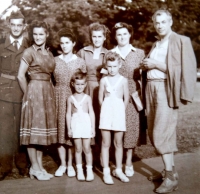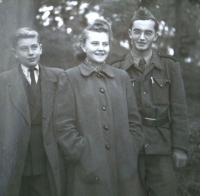Hate and conflicts corrupt the soul
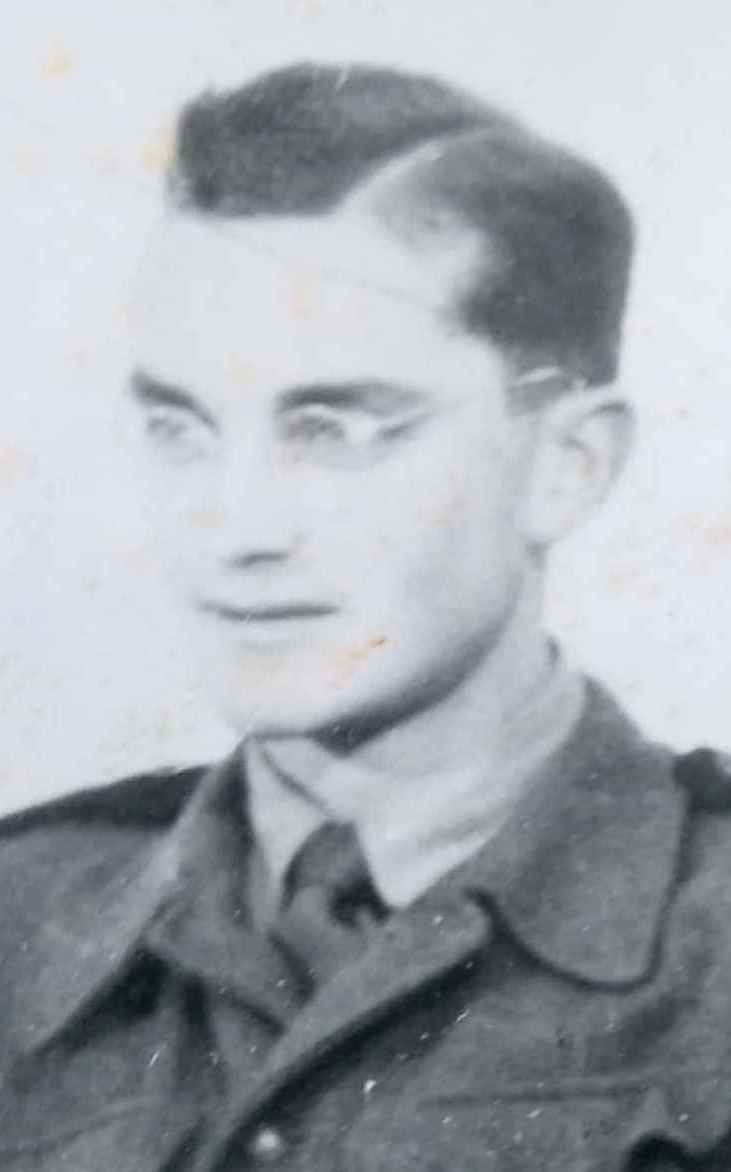
Download image
Jan Fejfar was born on March 16, 1929, in Zarnovica. His father, Jan Fejfar sn. worked as a merchant with mixed goods, his mother Elena, nee Haverlikova, stayed at home with children. After the rise of communism, the father’s property was confiscated. Jan Fejfar jr completed a catholic gymnasium in Banska Bystrica, where he witnessed political trials against some of his classmates. After cancellation of orders as part of Action K, he helped during his studies as a sacristan in the local church of St. Elizabeth. In 1950 he started to work as a transport officer in the Crop Management Cooperative. After a secret denunciation for his religious beliefs, he was called into the criminal military service in the PTP units, where he worked in demanding conditions until 1953. After returning from PTP, he worked as an officer for general maintenance in a bank. In 1955 he married Maria Jarjabkova, they had four children. Later, he worked as a calculator for the mining department of The Mining Buildings in Banska Bystrica, later as a head of project-realization-calculation work for mining works in Prievidza. He preserved deep religious attitudes throughout his whole life, which caused pervasive problems for him and his family throughout the communist era. He is retired and currently lives in Prievidza.
